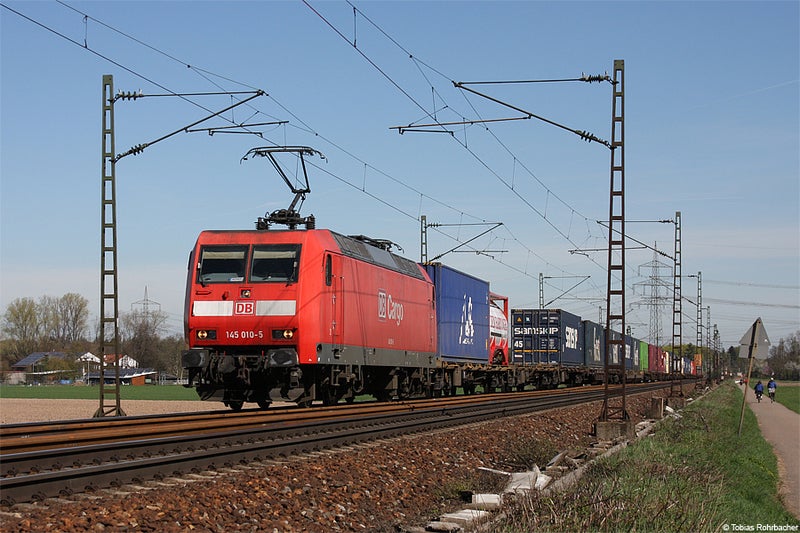
Deutsche Bahn is set to invest €10.7bn ($12.1bn) this year to modernise the railway network across Germany.
The German rail company increased this year’s investment from €9.4bn spent in 2018 to address the growing incidents of delays and disruptions across the network.
As per the plan, Deutsche Bahn will use the money to upgrade 500km of rail track, around 300 bridges and nearly 650 railway stations.
Additionally, part of the investment will be used to expand the rail network.
Around 50 major projects are being implemented across the country to bolster the network’s capacity, reported Xinhua.
Deutsche Bahn chief infrastructure officer Ronald Pofalla was quoted by the news agency as saying: “We are on the right course. The investments in the railway network are having an impact. Since 2010, we have renovated 16,000km of track, and therewith almost half of the rail network.”
Most of the construction and upgrade works will be carried out during night time to mitigate the impact on normal services, Deutsche Bahn noted.
The company has also hired additional construction workers and has set up more auxiliary structures to further minimise any disruptions to passenger services.
Pofalla added that despite an increase in construction volume by nearly 20%, delays associated with it have reduced by 27%.
Deutsche Bahn is completely owned by the German Government. The company has multiple subsidiaries, including DB Fernverkehr for long-distance passenger operations and DB Regio for local passenger services. DB Cargo is responsible for rail freight.
The group employs more than 310,000 employees, of which about 40% are located outside of Germany.



